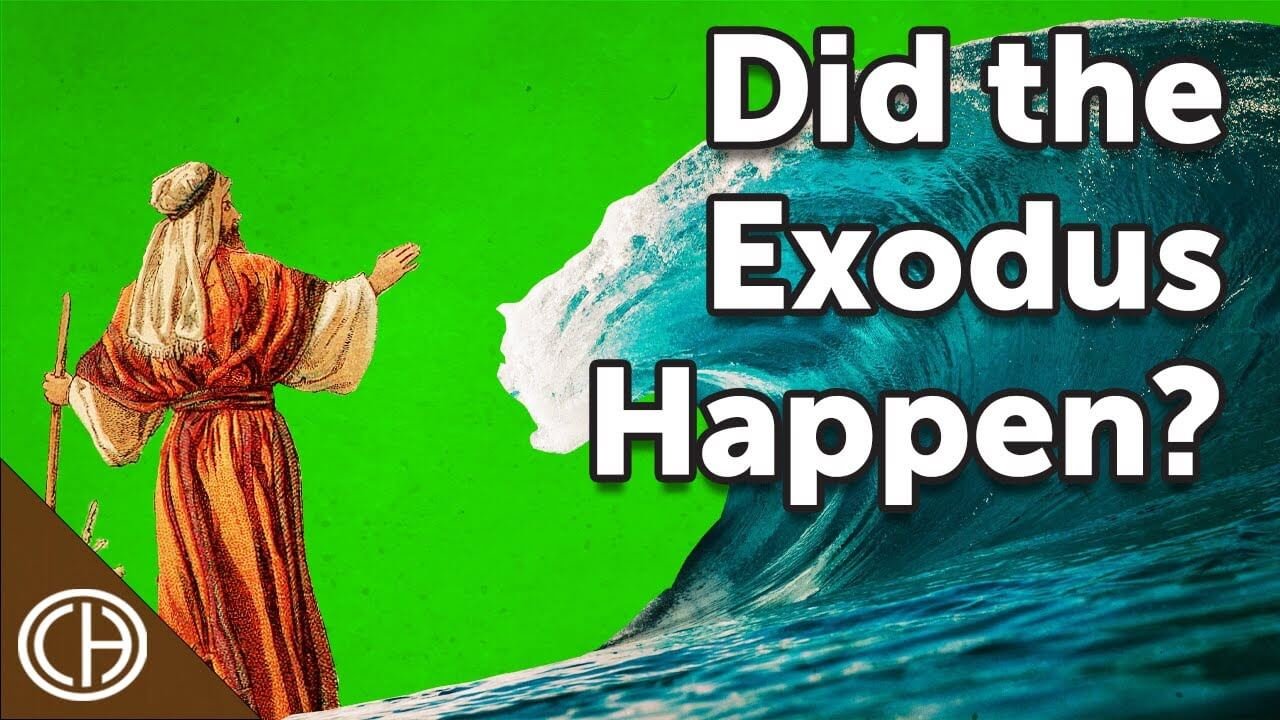The Levant is an approximate historical geographical term referring to a large area in the Eastern Mediterranean region of Western Asia. In its narrowest sense, it is equivalent to the historical region of Syria, which included present-day Syria, Lebanon, Jordan, Israel, Palestine and most of Turkey south-east of the middle Euphrates. In its widest historical sense, the Levant included all of the Eastern Mediterranean with its islands; that is, it included all of the countries along the Eastern Mediterranean shores, extending from Greece to Cyrenaica in eastern Libya. The term entered English in the late 15th century from French. It derives from the Italian Levante, meaning "rising", implying the rising of the Sun in the east, and is broadly equivalent to the term al-Mashriq (Arabic: ٱلْمَشْرِق), meaning "the eastern place, where the Sun rises".










